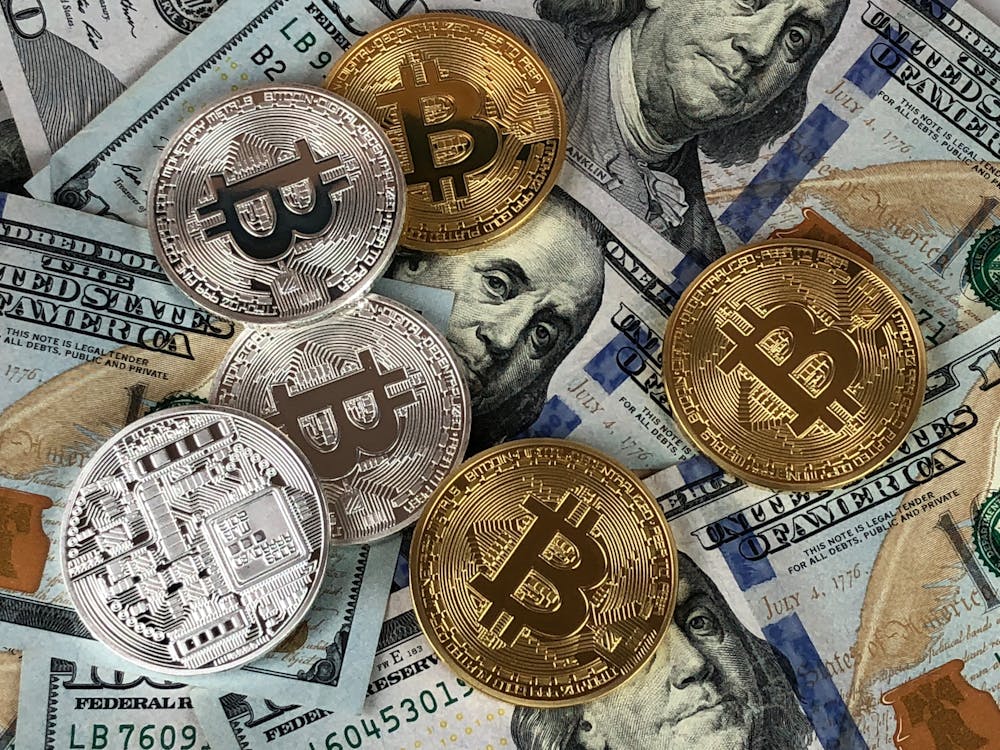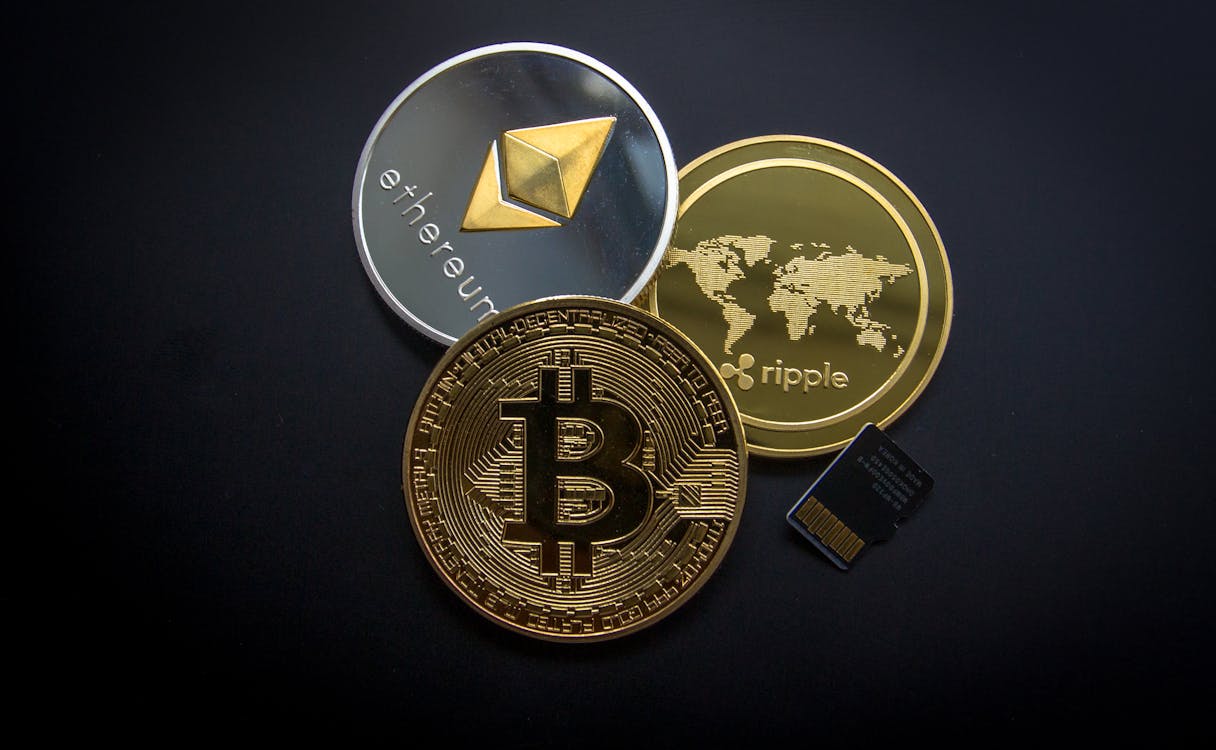Digital Currency - Cryptocurrency

- What is Cryptocurrency ?
People might use cryptocurrencies for quick payments and to avoid transaction fees. Some might get cryptocurrencies as an investment, hoping the value goes up. You can buy cryptocurrency with a credit card or, in some cases, get it through a process called “mining.” Cryptocurrency is stored in a digital wallet, either online, on your computer, or on other hardware.
Before you buy cryptocurrency, know that it does not have the same protections as when you are using U.S. dollars. Also know that scammers are asking people to pay with cryptocurrency because they know that such payments are typically not reversible.
- Types of Cryptocurrencies-

- Bitcoin — The first ever cryptocurrency that started it all.
- Ethereum — A Turing-complete programmable currency that lets developers build different distributed apps and technologies that wouldn’t work with Bitcoin.
- Ripple — Unlike most cryptocurrencies, it doesn’t use a Blockchain in order to reach a network-wide consensus for transactions. Instead, an iterative consensus process is implemented, which makes it faster than Bitcoin but also makes it vulnerable to hacker attacks.
- Bitcoin Cash — A fork of Bitcoin that is supported by the biggest Bitcoin mining company and a manufacturer of ASICs Bitcoin mining chips. It has only existed for a couple of months but has already soared to the top five cryptocurrencies in terms of market cap.
- NEM — Unlike most other cryptocurrencies that utilize a Proof of Work algorithm, it uses Proof of Importance, which requires users to already possess certain amounts of coins in order to be able to get new ones. It encourages users to spend their funds and tracks the transactions to determine how important a particular user is to the overall NEM network.
- Litecoin — A cryptocurrency that was created with an intention to be the ‘digital silver’ compared to Bitcoin’s ‘digital gold.’ It is also a fork of Bitcoin, but unlike its predecessor, it can generate blocks four times faster and have four times the maximum number of coins at 84 mln.
- IOTA — This cryptocurrency’s breakthrough ledger technology is called ‘Tangle’ and it requires the sender in a transaction to do a Proof of Work that approves two transactions. Thus, IOTA has removed dedicated miners from the process.
- NEO — It’s a smart contract network that allows for all kinds of financial contracts and third-party distributed apps to be developed on top of it. It has many of the same goals as Ethereum, but it’s developed in China, which can potentially give it some advantages due to improved relationship with Chinese regulators and local businesses.
- Dash — It’s a two-tier network. The first tier is miners that secure the network and record transactions, while the second one consists of ‘masternodes’ that relay transactions and enable InstantSend and PrivateSend type of transaction. The former is significantly faster than Bitcoin, whereas the latter is completely anonymous.
- Qtum — It’s a merger of Bitcoin’s and Ethereum’s technologies targeting business applications. The network boasts Bitcoin’s reliability, while allowing for the use of smart contracts and distributed applications, much how it works within the Ethereum network.
- Monero — A cryptocurrency with private transactions capabilities and one of the most active communities, which is due to its open and privacy-focused ideals.
- Ethereum Classic — An original version of Ethereum. The split happened after a decentralized autonomous organization built on top of the original Ethereum was hacked.
- Where to store-
Unlike most traditional currencies, cryptocurrencies are digital, which entails a completely different approach, particularly when it comes to storing it. Technically, you don’t store your units of cryptocurrency; instead it’s the private key that you use to sign for transactions that need to be securely stored.
There are several different types of cryptocurrency wallets that cater for different needs. If your priority is privacy, you might want to opt for a paper or a hardware wallet. Those are the most secure ways of storing your crypto funds. There are also ‘cold’ (offline) wallets that are stored on your hard drive and online wallets, which can either be affiliated with exchanges or with independent platforms.

Comments
Post a Comment